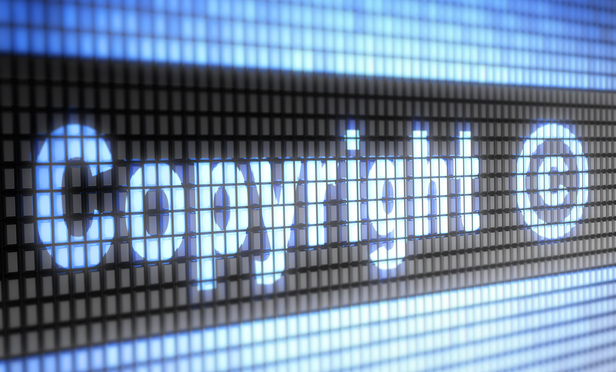A concept as simple as a copyright that attaches upon the creation of the work can be subject to complexities that cause courts and lawyers to struggle with who owns the rights and what is needed to transfer those rights. Those struggles with ownership are the result of complex ownership rights in the Copyright Statute, U.S. Code, Title 17. This article focuses on one case and will not attempt to unwind the entire ownership issue under the various iterations of the statute.
The case under consideration highlights the importance of knowing the rights you have in the work, especially if you direct another to create a work, and the rights you have or do not have in a derivative work. Although you have an explicit writing assigning or licensing certain rights, there may be other present and future rights in the original work or derivative works that create ownership issues down the road.
This content has been archived. It is available through our partners, LexisNexis® and Bloomberg Law.
To view this content, please continue to their sites.
Not a Lexis Subscriber?
Subscribe Now
Not a Bloomberg Law Subscriber?
Subscribe Now
LexisNexis® and Bloomberg Law are third party online distributors of the broad collection of current and archived versions of ALM's legal news publications. LexisNexis® and Bloomberg Law customers are able to access and use ALM's content, including content from the National Law Journal, The American Lawyer, Legaltech News, The New York Law Journal, and Corporate Counsel, as well as other sources of legal information.
For questions call 1-877-256-2472 or contact us at [email protected]



